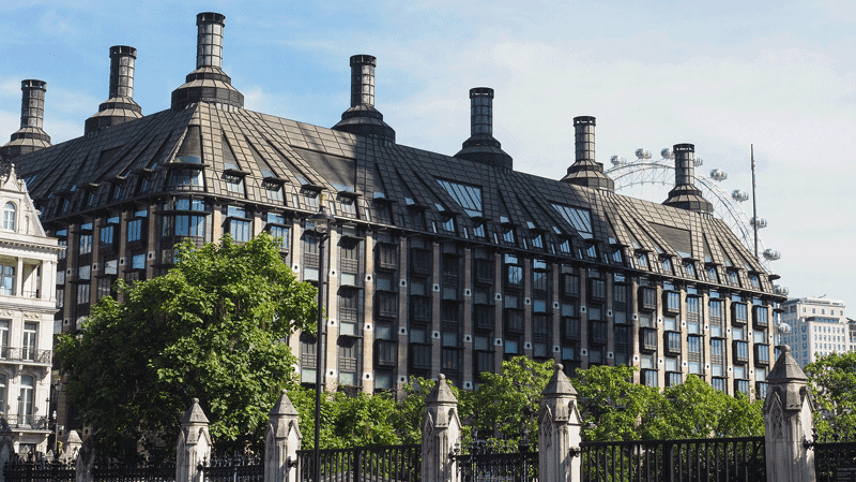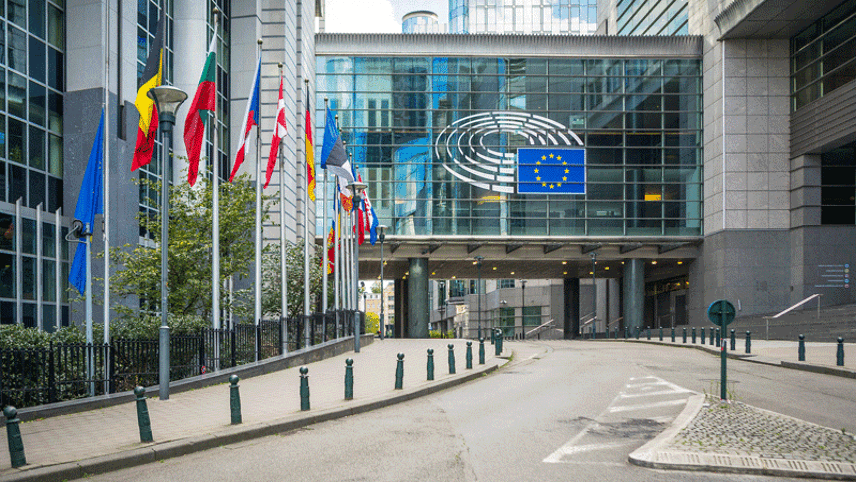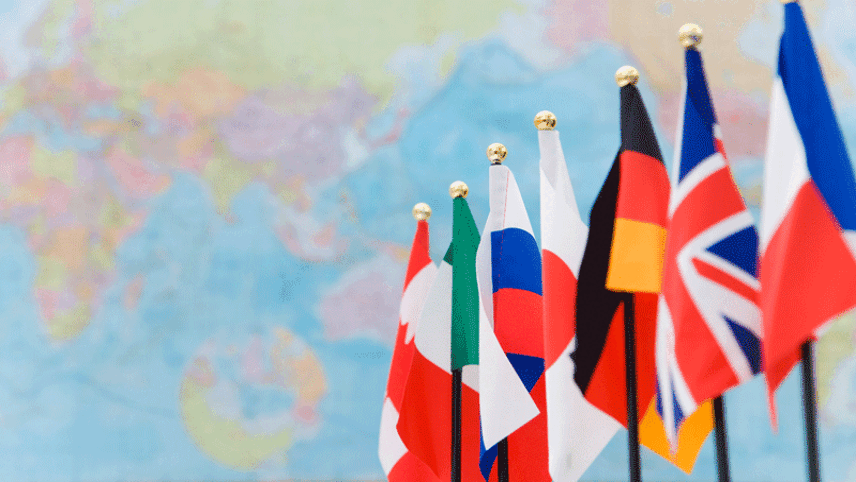It is essential to keep up to speed with government actions relating to energy, and WOBO thanks edie for the links to the articles.

UK Government slashes estate emissions by 35% in five years
The UK Government has slashed its own emissions by 35% since 2017/18, thanks to a “major efficiency drive”.
The fall in energy consumption is estimated to have saved taxpayers £122m.
The Government has committed to halving carbon emissions from the public sector by 2032, against a 2017/18 baseline, with a 75% reduction target by 2037.
Figures from its annual State of the Estate report, published last week, revealed that water consumption is down by 10% compared with 2017/18, saving the taxpayer £7.2m.
Meanwhile, departments sent fewer than 1% of waste-to-landfill in 2021-22, easily surpassing the target of 5%.
Overall 92% of waste within the Government is recycled, exceeding its 70% target. And it has reduced its paper consumption by 61%.
The report also showed emissions from government buildings are down by 10%.

EU Parliament backs carbon market overhaul, world’s first CO2 tariff
The European Parliament on Tuesday (18 April) approved sweeping reforms to make EU climate change policies more ambitious, including an upgrade of the bloc’s carbon market that is set to hike the cost of polluting in Europe.
Europe’s carbon market forces power plants and factories to buy CO2 permits when they pollute. It has slashed those sectors’ emissions by 43% since 2005 but is facing a revamp to hit more ambitious EU climate change targets.
Parliament voted to approve, with a large majority, a deal agreed last year by negotiators from EU countries and Parliament to reform the carbon market and cut EU emissions by 62% below 2005 levels by 2030.
Under the upgrade, factories will lose the free CO2 permits they currently receive by 2034, and shipping emissions will be added to the CO2 market from 2024.

G7 Ministers set ‘bold’ new renewables goals but fail to close coal and gas loopholes
G7 nations have agreed new joint commitments to scale up offshore wind and solar generation capacity this decade, but Japan reportedly pushed to keep ‘loopholes’ regarding pledges to scale back fossil fuels.
The G7 comprises the UK, the US, Canada, Italy, France, Germany and Japan.
Energy and environment ministers from each of these nations met in Sapporo, Japan, last week, in meetings that came to a close on Sunday (16 April). The result was a new communique on the energy transition that will support the main round of annual talks in May.
Observers have remarked that commitments made on renewables this year are far bolder than in previous iterations. The seven nations have jointly committed to increasing their offshore wind capacity by at least 150GW by 2030 and to collectively hosting at least 1TW of solar within the same timeframe.
Ember’s head of data insights Dave Jones called the potential impact of these statements “huge”. He added: “Hopefully this will provide a challenge to Japan, for which offshore wind is the missing part of the jigsaw that could see its power sector decarbonise much quicker than it thought possible.”

Report: Banks have funnelled $5.5trn into fossil fuels since Paris Agreement
Global banks have collectively funnelled more than $5.5trn into the fossil fuel sector over the past seven years and, while US-based banks have been the biggest contributor, the UK and France are also in the top five.
That is according to this year’s edition of the Banking on Climate Chaos report, released by a coalition of NGOs including Reclaim Finance and BankTrack.
The report looks at which banks are providing finance to the fossil fuel sector, with a specific focus on the most destructive sub-sectors such as tar sands, and on provisions to the companies most aggressively pursuing expansion that would jeapordise the delivery of the Paris Agreement. The report also assesses how this financing weighs up against banks’ stated climate commitments.
According to the report, the world’s top financier of fossil fuels in 2022 was the Royal Bank of Canada, which provided $42.1bn – 4.2% more than it did in 2021. The report adds that JPMorgan Chase, which has topped the table since 2019, provided $39.2bn to fossil fuels in 2022.
